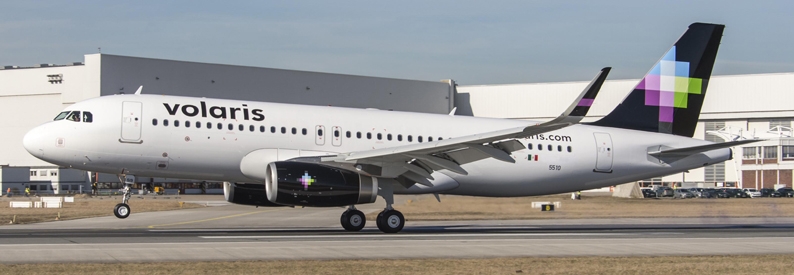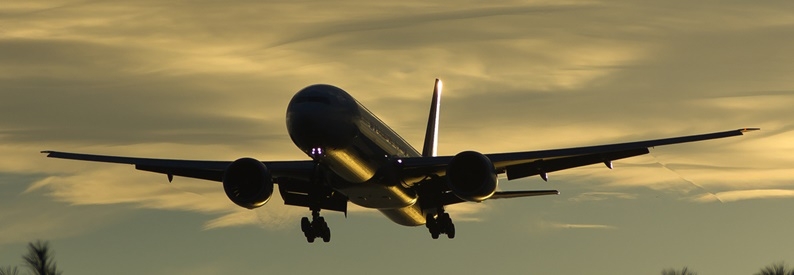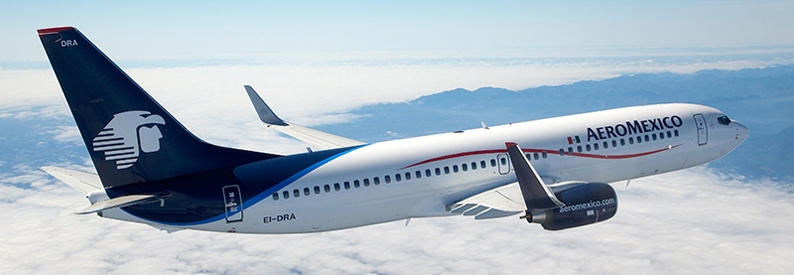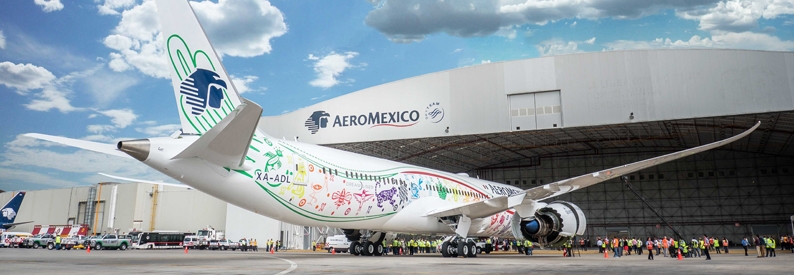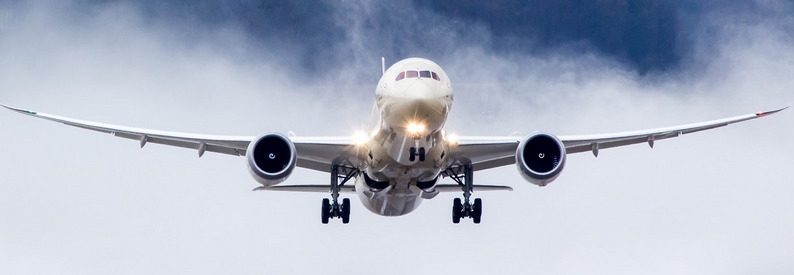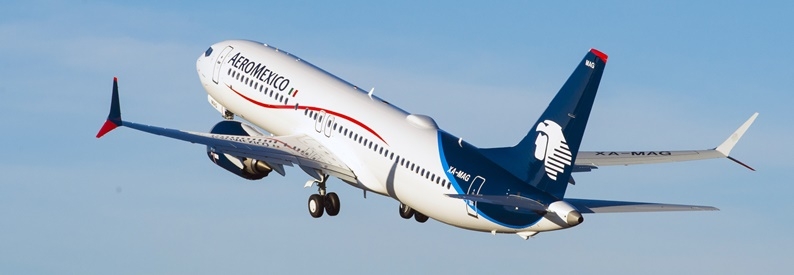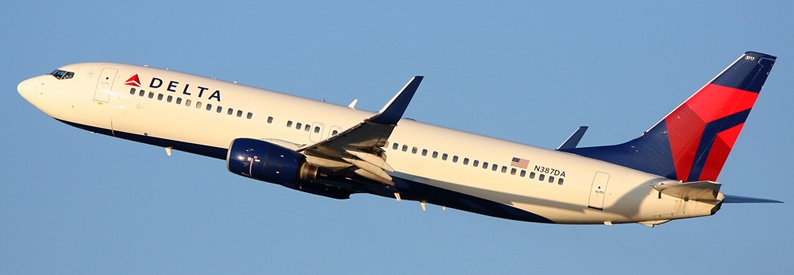The US Department of Transportation (DOT) has disapproved schedules filed by Aeroméxico, Volaris, and Viva (Mexico) for new flights departing from México City International and México City Felipe Angeles to the United States, as part of its actions to address the Mexican government's perceived violations of the US-Mexico Air Transport Agreement.
In addition, it has tentatively prohibited the transportation of belly cargo operated by these carriers as well as Aerus and TAR México on flights departing from these two airports to the US.
In an order, the DOT rejected the schedules for the following services:
- Aeroméxico: flights from Mexico City Felipe Ángeles to Houston Intercontinental and McAllen and from Mexico City Int'l to San Juan Luis Muñoz Marin (scheduled to begin on October 29, 2025).
- Volaris: flights from Mexico City Int'l to New York Newark, set to start on November 2.
- Viva: flights from Mexico City Felipe Ángeles to Austin-Bergstrom International, New York JFK, Chicago O'Hare, Dallas/Fort Worth, Denver International, Houston, Los Angeles International, Miami International, and Orlando International, scheduled to begin in November and December.
Furthermore, the DOT will disapprove all proposed schedules that may be subsequently filed by these carriers for any service between Mexico City Int’l or Felipe Ángeles and the United States until further notice.
In a separate order, the DOT tentatively prohibited the transportation of belly cargo on flights of Aeroméxico, Viva, Aerus, Volaris, and TAR México, effective 108 business days after the department issues a final order.
“Prohibiting belly-cargo operations at MEX is clearly not in the short-term interest of shippers and consumers in the US-Mexico market. However, the ongoing prohibition of all-cargo operations at MEX and the corresponding competitive imbalance vis-à-vis combination carriers is untenable,” said the DOT adding that it is prepared to revisit the action once the government of Mexico “fully restores the option for US all-cargo carriers to operate at MEX,” the authority said.
In response, Mexico's president, Claudia Sheinbaum, urged a bilateral meeting between the countries. She said that, from Mexico's perspective, there is no harm to US carriers and that the DOT's decision is unjustified and unilateral.
Viva issued a statement saying it is carefully evaluating the impact of the order on its operations and passengers, particularly as it comes during the holiday travel season. The ultra-low-cost carrier described the decision as unilateral and abrupt, stressing that it will affect thousands of US and Mexican travellers. It urged the authorities to meet and have a dialogue that leads to a reasonable solution.
According to the US government, decisions taken by the Mexican government in 2022 and 2023 “have impaired the ability of US air carriers to fully exercise [their rights], denying [them] a fair and equal opportunity to compete.”
It believes Mexico’s government under previous president Andrés Manuel López Obrador impacted the interests of US carriers when it forced all cargo carriers out of Mexico City and made them relocate to Felipe Ángeles.
Additionally, in 2022, Mexico declared MEX saturated and reduced overall operations at the airport from 61 to 43 per hour, despite no physical changes regarding either the terminals or the runways where the airport had operated at a usage rate of 61 movements per hour since 2014, according to the DOT.
Despite ongoing conversations between both governments, and “some progress” in the form of Mexico’s commitment to return confiscated slots to US carriers in the near term and plans to begin implementing international slot allocation norms at Mexican slot-controlled airports by the first half of 2026, broader competition issues persist, the DOT said.
“Most notably, Mexican air carriers have added a significant number of new US services from MEX through the repurposing of other slots in those carriers’ MEX slots portfolios, while US air carrier service levels remain frozen,” it added.
Other actions the US government has taken to address this imbalance include denying renovation of Aeroméxico and Delta Air Lines’ immunised joint venture (both carriers have sued the decision) and placing more restrictions on Mexican carriers operating scheduled and charter flights to the United States.
Aeroméxico declined to comment. Volaris was not immediately available.
- Type
- Base
- Aircraft
- Destinations
- Routes
- Daily Flights

